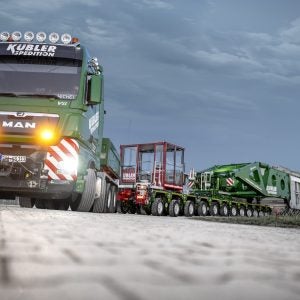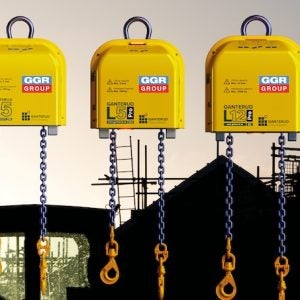Liverpool magistrate’s court ordered Carrylift Materials Handling to pay nearly £30,000 in fines and court costs after two dockworkers received burn injuries from electrocution at Seaforth Container Terminal.
Following prosecution brought by the UK Health and Safety Executive, the court agreed that the firm, based in Skelmersdale, Lancashire, had not ensured the workers were satisfactorily trained, nor had it made available the required information to carry out the job safely.
On 12 March 2008 Carrylift Materials Handling asked a site maintenance worker, 33 year-old Lee McFadden from Aintree, to determine the cause of a power failure on the crane.
McFadden brought three electricians with him for assistance, however none of the four workers were informed that they were working on a high-voltage crane and believed there would be no more than 415V running through its junction box, as with its neighbouring low-voltage crane.
When McFadden attempted to test the electricity supply with a multimeter there was a 6,600V surge of electricity, causing severe burns to his hands and face along with temporary blindness. One of the electricians also suffered minor facial burns.
After the HSE’s investigation of the incident, the court ruled on 8 September 2011 that Carrylift Materials Handling should have provided information or diagrams that confirmed the crane was a high-voltage piece of machinery. The firm admitted three breaches of the Electricity at Work regulations 1989 and will pay £15,000 in fines along with £14,568 for the cost of the prosecution.
The HSE’s investigation inspector for the incident, Dave Guyers, said: “Two of the men suffered burns as a result of this incident, but all four could easily have been killed.
“They should never have been allowed to work on the crane without being given proper information and training by their employer, and without confirmation that the power supply had first been cut.
“Mr. McFadden was not trained as an electrician and therefore should not have been allowed to carry out electrical work on the crane.
“In this case, all four men were put at risk because their employer did not have procedures in place to ensure electrical work was carried out safely. Mr. McFadden was very fortunate that this incident did not have more serious consequences.”






